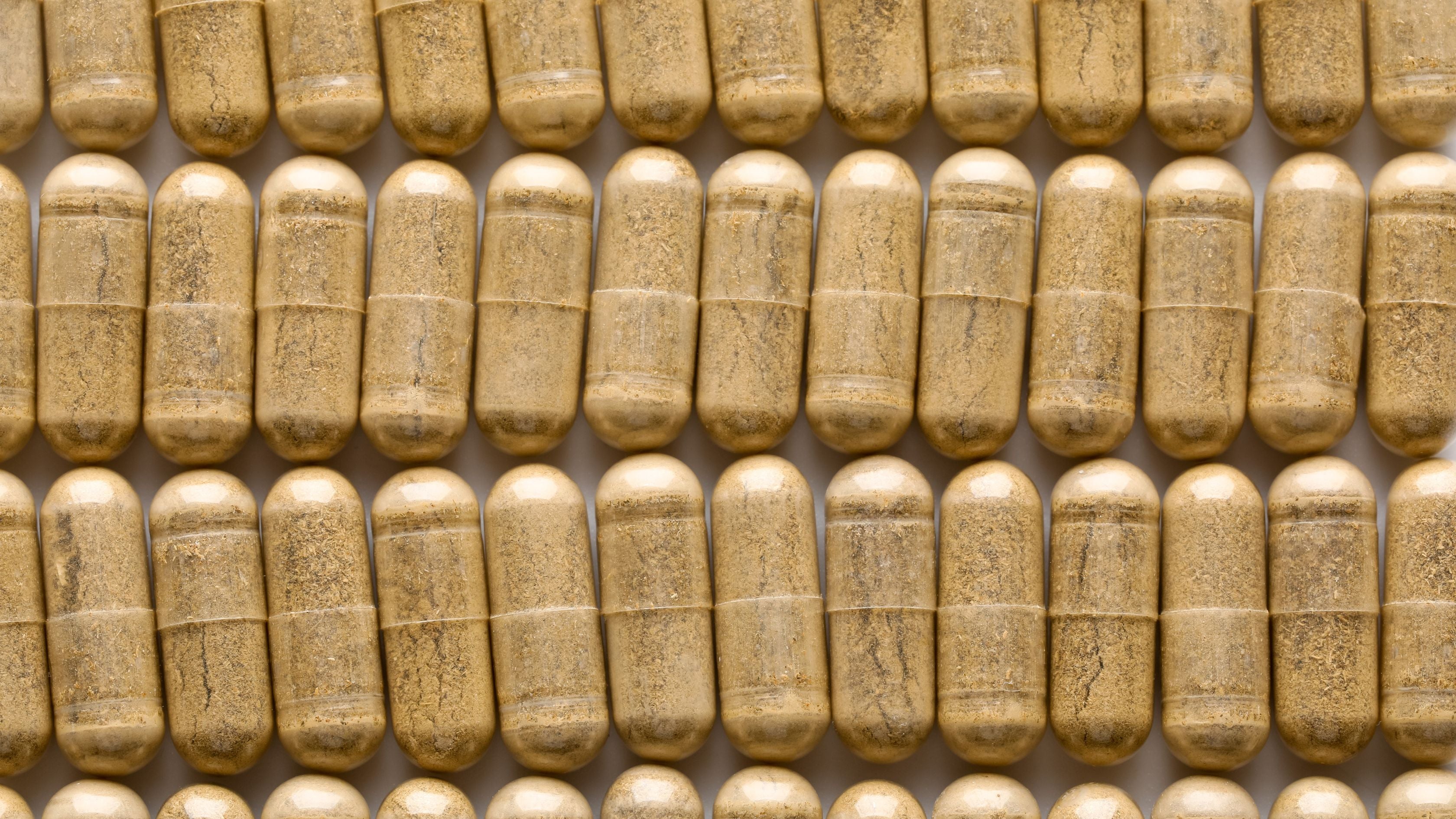Vitamin K and Longevity

Vitamin B, C, D, and even E… we hear about them all the time and most of us have a pretty good idea of what each of them does. One vitamin we don’t hear a lot about is vitamin K.
About Vitamin K

So what is vitamin K and what does it do?
Vitamin K was discovered in 1935 and was initially used to prevent abnormal bleeding in chickens. It is a fat-soluble vitamin that can be found in leafy green vegetables like collard greens, kale, and spinach. In our bodies, vitamin K helps to make the proteins we need to build bones and to coagulate blood. It breaks down very quickly so it rarely reaches toxic levels in the body.
Types of Vitamin K
There are two types of vitamin K found in the human diet. Phyphylloquinone or K1 is mostly found in plant foods like leafy green vegetables. It makes up about 75–90% of all vitamin K consumed by humans.
Foods with K1
-
Kale
-
Collard greens
-
Spinach
-
Turnip greens
-
Broccoli
-
Brussels sprouts
Menaquinones or K2 is found in fermented foods and animal products, and is also produced by gut bacteria.
Foods with K2
-
Natto
-
Pork sausage
-
Various cheeses
-
Pork chop
-
Chicken
-
Egg yolk
Even though we really can’t get too much vitamin K, in rare cases, people can suffer from a deficiency. This usually happens due to medications that block vitamin K metabolism. A deficiency is fairly common in newborn babies because the vitamin doesn’t cross from the mother to the infant via the placenta. Babies are usually given supplements at birth to help with blood clotting.
There is some information about how vitamin K could pack more power than previously thought!
Vitamin K and Heart Disease

It was once thought that that vitamin K’s main job is to help clot blood. Several studies have been done to see how K affects the heart. As we age, calcium that belongs in our bones begins to make its appearance in other unwanted areas, including inside the linings of major arteries. Over time, normal smooth muscle cells in artery walls transform into bone-like cells through the deposition of calcium, essentially turning sections of artery into bony tissue that is not resilient and flexible, and does not have the ability to effectively regulate blood flow. This process lends literal reality to the term “hardening of the arteries,” which we now know as late-stage atherosclerosis.
In 2016, scientists investigated the association between intake of two types of vitamin K with peripheral artery disease (PAD). For over 12 years, they studied data from over 36,000 people. The results showed that participants had a lower instance of heart disease with a high intake of menaquinones or Vitamin K2.
In an older study, people with the highest intake of vitamin K2 were 57% less likely to die of coronary heart disease compared with those with the lowest intake. Another study focused on women and it found that there was a 20% lower risk for artery disease in those who took higher doses of K2. Most studies have shown that K1 has no significant impact on heart disease.
Can Vitamin K help you live longer?
The affect of vitamin K on heart disease isn’t the only benefit. Multiple studies have shown that it has a unique ability to activate proteins also involved in osteoporosis, diabetes, and cancer; all of which tend to be age related diseases.
A 2014 study found that vitamin K can potentially help you live longer. The research looked at the association between the dietary intake of different types of vitamin K and mortality with a group of more than 7,000 people. The intake was monitored using a food frequency questionnaire, then the annual vitamin K intake was calculated. They found that people with the highest intake of vitamin K were 36% less likely to die compared to those with lower intake.
Study subjects who started with low vitamin K intake who increased it during the study had the same results. In other words, it is never too late to start supplementing.
If you are considering vitamin K supplementation, speak to your doctor, especially if you are taking any sort of blood thinner.